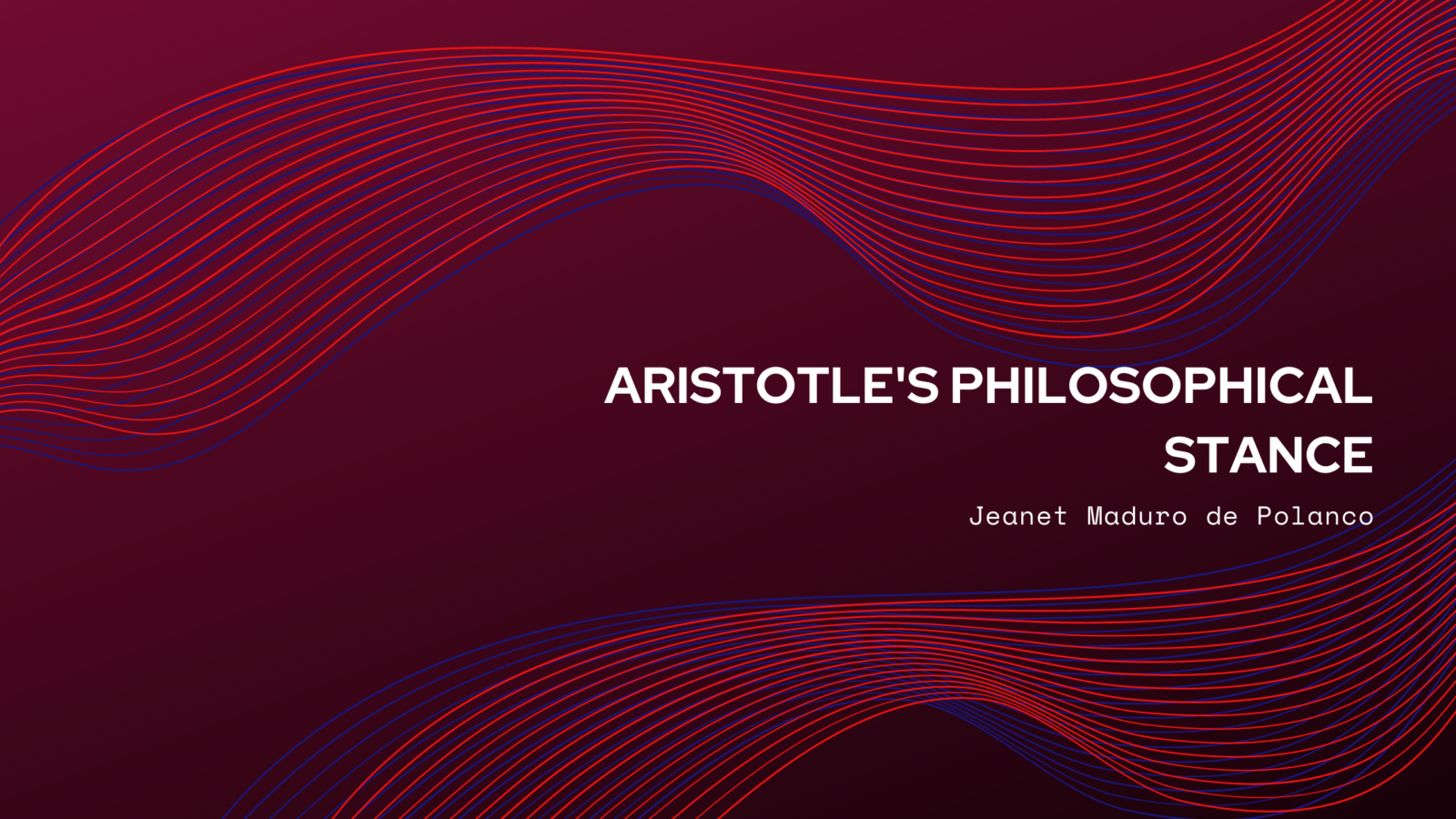Aristotle believed people would engage in philosophical investigations because they were curious. The world was filled with puzzling things. People wondered about them.
He believed that a beginner should first attend to the appearance of things and then consider opinions people offer about the nature of those things. This way, the beginner could build upon what earlier generations had learned about those same things. Following careful consideration, if the opinions seem solid, this was proof enough of their validity.
But if the opinions contradicted one another or seemed to be mistaken after due study, this was the time to engage in more observation and theorizing.
Aristotle’s attitude towards theoretical explanations was to refuse to accept them unless it could be proved empirically. For complex questions people disagreed on, he favored an inductive analytical process, strikingly similar to the modern scientific method. He followed the path of inquiry uncovered by repeated observations of the things in question.
He then would offer alternative explanations for the facts he had uncovered and analyze them. Upon these facts and analysis, he built his theoretical principles. He believed this was the only way to get at the truth of the world.
He assumed humans were essentially rational beings with adequate senses and thoughts for learning about the world accurately. He further believed that the world is filled with regularities filled – discrete entities occurring in groupings as natural kinds or species.
Aristotle believed he could improve upon earlier methods of discovery by developing logic. Historians cite it as the world’s first formal system of reasoning and inference. He considered logic to be appropriate for building solid argumentation and avoiding common fallacies in any field of study. So he did not limit its use to philosophy.
He believed an investigator must set forth a specific goal to be achieved when undertaking a formal study of anything. This goal would serve to guide perception.
The observation that something exists is to be paired with the reason it exists.
Furthermore, as we comprehend that the thing exists, we delve more deeply into its nature. We build up our body of knowledge about it, other things, and the world by repeated study and conjecture.
Article originally published on JeanetMaduroDePolanco.net


